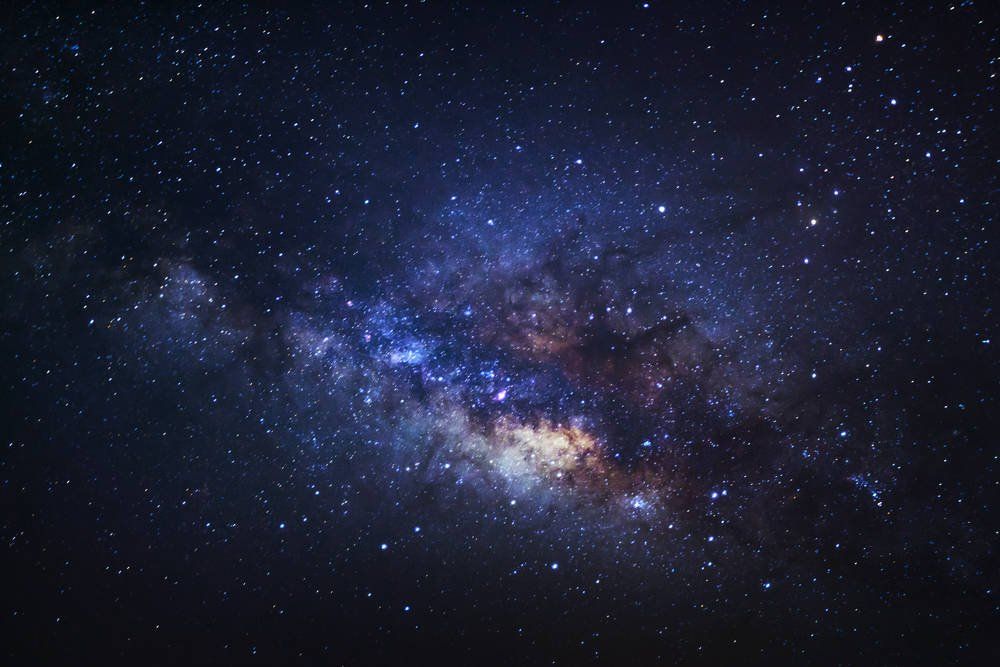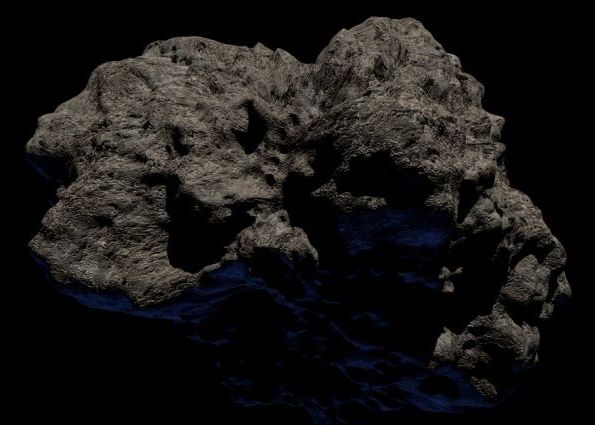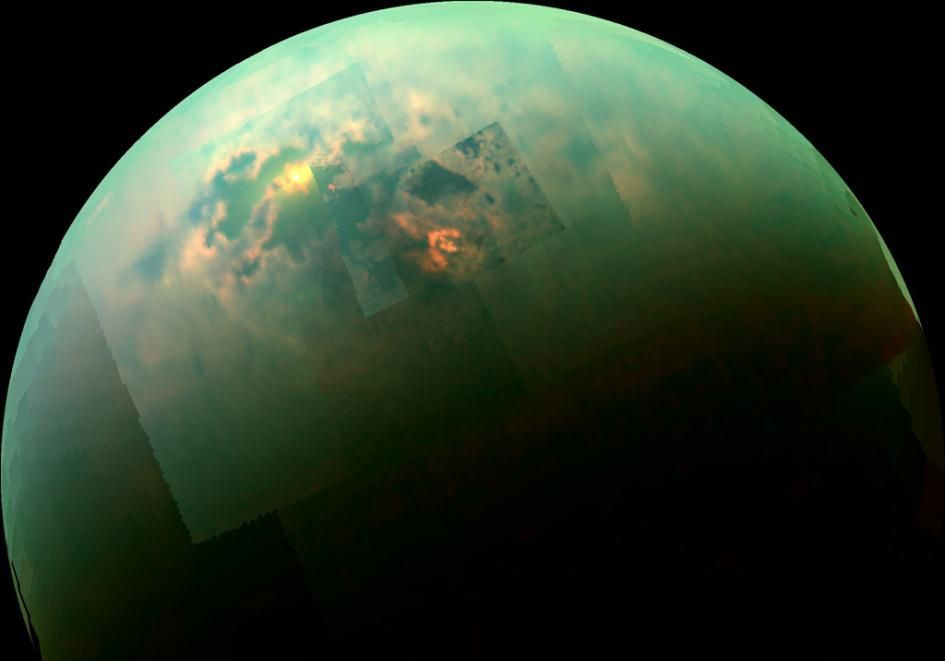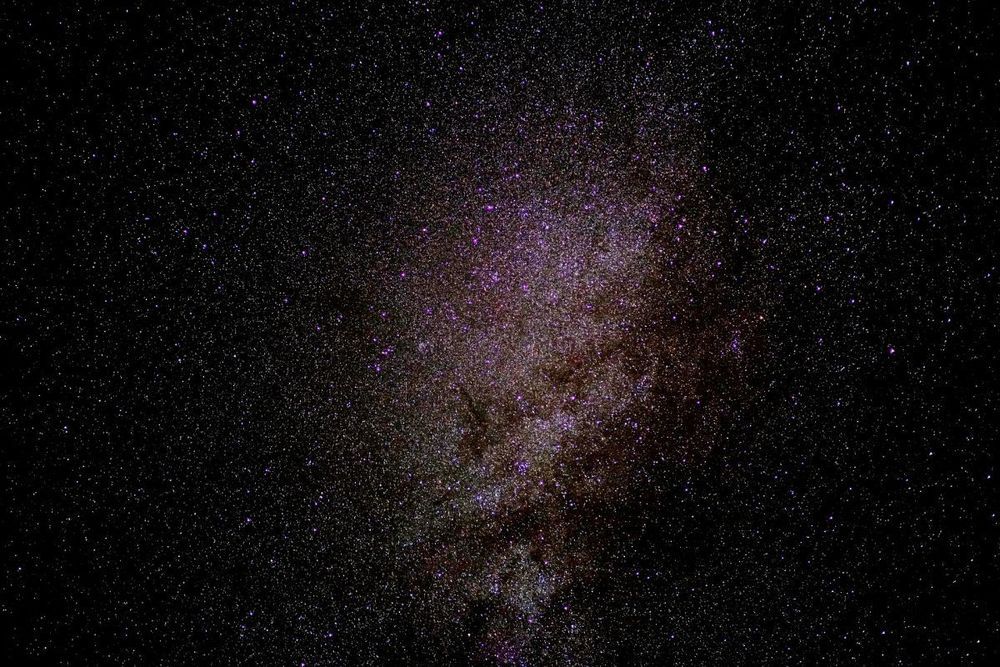Somehow, the Universe began with just the right mix of cosmic ingredients to make life possible. It sure doesn’t seem likely.




I believe that this an engineered galaxy by non-terrans. Much like the forerunners from halo the video non-terrans have been almost everywhere in the universe. Some have even 7th density skin and see not just in 3D but in 11dimensions. I think this is a sacred place as it may actually have a life where I think Hoag is actually an ancient alien or a civilization. Maybe perhaps a type 3 civilization alien god. We must be very careful travelling space as we need to see in the full spectrum as the engineers may have left clues but we need to know which are good and which to stay away from. As my theory is that black holes may not be black holes at all they could be universes or even computers. Much like was joked in men in black about non-terrans playing with marbles containing galaxies I think this could actually be a possibility. As most of our current technology reflects minorly what we experienced in Roswell in the 1950s but I think it has gone on for billions of years. I think some are even near gods if not gods even. There is a book called the alien singularity that talks about this advanced technology even earth has so many mysteries not just from military but from hidden things beyond our comprehension that it alludes to non-terran life. There are so many details even today that alludes to very intelligent life that goes beyond even singularity of humans but the singularity of on Terran lifeforms that I would say can be as ancient as the universe itself. That is why we should be thankful for the earth we have as there are just so many mysteries we need to be aware of before we start discovering new civilizations. As these beings can show us so much in technology that it would put today’s technology to shame by a factor of trillions.
Hoag’s object, which is a galaxy within a galaxy within a galaxy, has befuddled stargazers since astronomer Arthur Hoag discovered it in 1950.
Ira Pastor, ideaXme exponential health ambassador, interviews Dr. Penelope “Penny” Boston, recent Director of NASA’s Astrobiology Institute.
Astrobiology is an interdisciplinary scientific field concerned with the origins, early evolution, distribution, and future of life in the universe, and considers the big question of whether extraterrestrial life exists, and if it does, how humans can detect it.
Astrobiology makes use of molecular biology, biophysics, biochemistry, astronomy, cosmology, exo-planetology, and geology to investigate the possibility of life on other worlds, and how to recognize biospheres that might be different from that on Earth.
Dr. Penelope Boston
Our guest today, is Dr. Penelope “Penny” Boston, recent Director of NASA’s Astrobiology Institute.


Morgan Cable crafts alien environments in miniature. She can stir up a shot-glass-size lake, unleash gentle spritzes of rain, and whip up other wonders to mimic the bizarre surface of Saturn’s moon Titan. In this far-flung world, temperatures plunge hundreds of degrees Fahrenheit below zero, and rivers of liquid methane and ethane sculpt valleys into a frozen landscape of water ice.
“We can, in a way, touch Titan here in the lab—even though it’s millions of miles away,” says Cable, who is a scientist in the Astrobiology and Oceans Worlds Group at NASA’s Jet Propulsion Laboratory.
While they’ve been working with these mini worlds for years, the team’s latest tiny Titan facsimile is making waves: By mixing acetylene and butane in a novel way, they’ve created a previously unknown type of “mineral.” The new substance doesn’t precisely fall under the common definition of an earthly mineral, since it still requires confirmation that it can form in nature. Instead, it is technically known as a co-crystal.
The astronauts who will one day explore Mars may be able to use a smart glove integrated into their space suits to control drones, using a simple hand gesture or finger movement. NASA and the SETI Institute have improved on a connected object created by a Norwegian start-up by the name of Ntention in order to integrate it into the thick and rigid suits worn by space explorers.

The higgs boson is most likely the greatest particle because it could allow for antigravity because it turns off the mass of an object. Basically it would be the master key for even understanding the dimensions of physics. Simply by allowing a near genesis. It can essentially allow for matter creation a sorta building block for creation. It is one of the greatest particles ever discovered. A particle so powerful that when harnessed it would almost allow for anything to happen. You could have crispr teleportation with higgs field dampening. Let’s say that myth is real then if it were real then it would lead to a particle like the higgs boson. Once harnessed it could allow for alien like technologies essentially a very powerful particle to allow to true impossibilities. I think even in a grain of sand we can find endless possibilities which is proof evident of something beyond understanding. Some have said that we started out in just hydrogen but the physics created the universe. Which would mean once the higgs is harnessed it could allow for creation technology or what the exterrestials knew for generations that we are never alone the universe is filled with wonder. Basically the higgs would allow for antigravity but all the mythological things. It would prove the existence of aliens even god most likely. Science could prove the most important thing that it could bring civilization into a new level technology no longer bound by terrestrial things but essentially it could allow for anything once harnessed.
Theoretical physicist Lawrence Krauss explains the possible meaning and significance of finding the Higgs.
